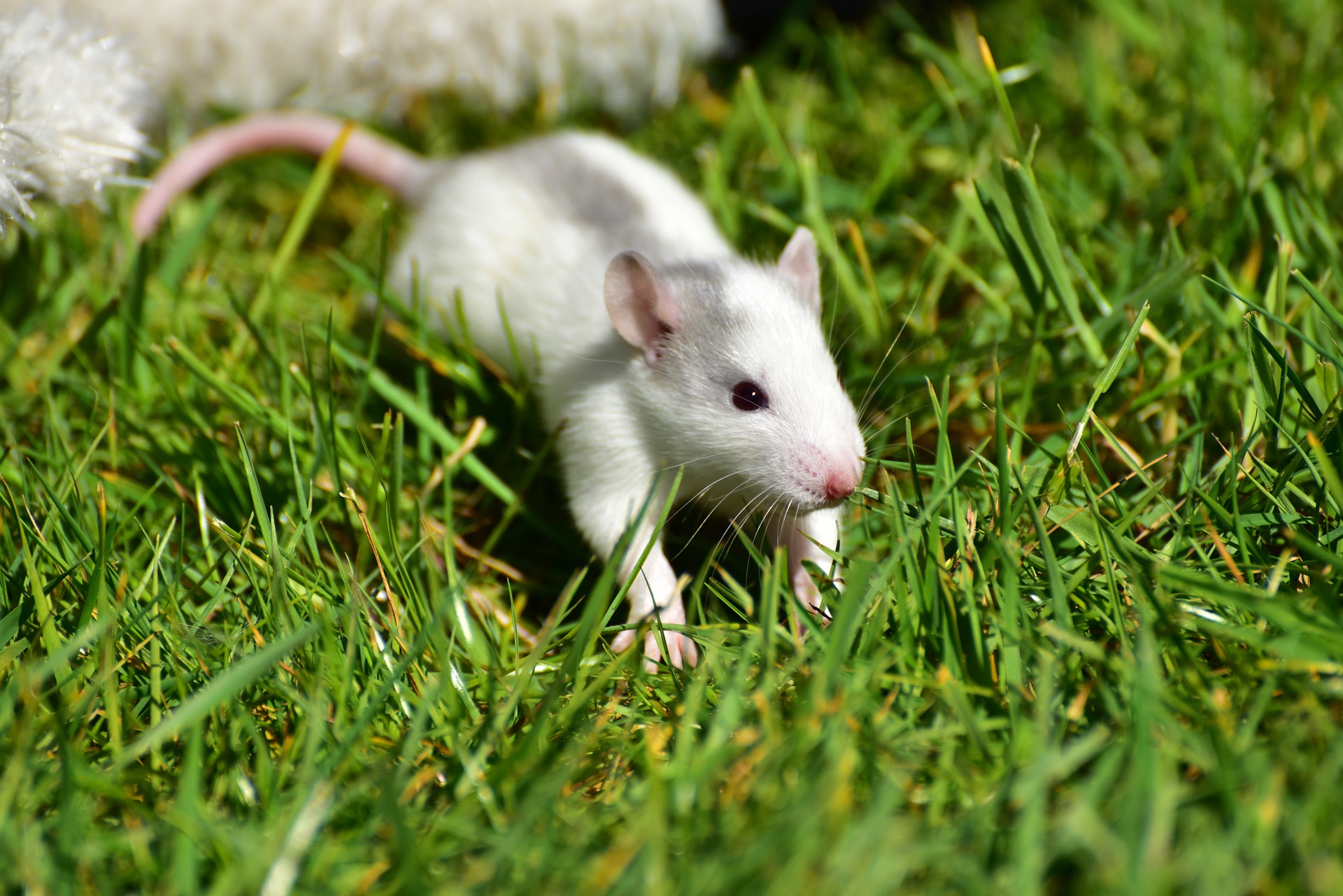COVID-19 Researchers Advance Science Without Tests on Animals
With the world in the grip of a pandemic, scientists are working hard to understand the virus and develop much-needed treatments for COVID-19, the illness caused by the novel coronavirus. In India, the government has announced the COVID-19 Research Consortium and other initiatives for funding research on ways to prevent, treat and control the disease. In this time of great uncertainty, there’s one thing we know for sure: experimenting on animals is unethical and unjustifiable from a scientific perspective. The US National Institutes of Health (NIH) reports that 95 out of every 100 drugs that pass animal tests fail in humans because they are either unsafe or ineffective. Fortunately, researchers and government agencies are taking steps to prioritise modern, animal-free science as they address COVID-19.

Companies and government agencies worldwide are working together to speed up the development of potential COVID-19 treatments by avoiding some of the usual misleading animal tests. Here are some examples:
- The biotechnology company Moderna, in collaboration with NIH, was able to prioritise clinical trials instead of waiting for the results of misleading animal tests and with the consent of the US Food and Drug Administration.
- The Central Drugs Standard Control Organisation, the regulatory body responsible for approving drugs in India, has relaxed requirements for animal toxicity tests for developing therapies for COVID-19.
- As early as 25 March, YUMAB announced that it had generated and characterised the first human antibodies against the novel coronavirus strain, and the company has since confirmed likely therapeutic effects by using the patient-derived coronavirus strain SARS-CoV-2.
- The Indian Council of Medical Research (ICMR) has encouraged clinical randomised trials to assess the safety and efficacy of using plasma from recovering patients as a therapy to treat severely ill COVID-19 patients
- Hospitals in Delhi, Karnataka, and Kerala were the first to use convalescent plasma trials following the ICMR’s statement, and they have seen promising improvements in patients.
Given the scale and seriousness of this pandemic, researchers can’t afford to waste time conducting useless tests on animals.
Here are some more examples of innovative ways in which COVID-19 researchers are avoiding cruel and archaic tests on animals in favour of human-relevant research:
- Three-dimensional reconstructed human respiratory tissue models, such as those from Epithelix and MatTek Life Sciences, . A long-time supporter of the two companies, the PETA International Science Consortium Ltd. helped fund the development of a model of the lower respiratory tract, which is now available from MatTek.
- Scientists at Guwahati University in India used advanced computer simulation methods to work out which parts of the virus are best suited to triggering an immune response in humans. This work could aid the design of safe and effective vaccines against COVID-19.
- Researchers at the University of Bristol are growing the virus in cells to gain a better understanding of the way it spreads and causes sickness. Using this technique, they can find out whether it mutates under certain conditions. Unlike pointlessly infecting mice, this work provides crucial information about the way the virus causes disease.
- Researchers at Oak Ridge National Laboratory in the US are using Summit – the world’s smartest and most powerful supercomputer – to identify existing drugs that could be effective for treating COVID-19. Based on the physical properties of the virus and of each drug, the computer predicts how the two might interact. The effectiveness of promising drugs can then be measured by testing them on cells infected with the virus.
Humane and human-relevant treatments are the way forward, instead of relying on animal tests.
Find Out More About Animals Used for Experimentation!
The tide is turning, and forward-thinking scientists are adopting research methods that benefit humans without harming animals.







